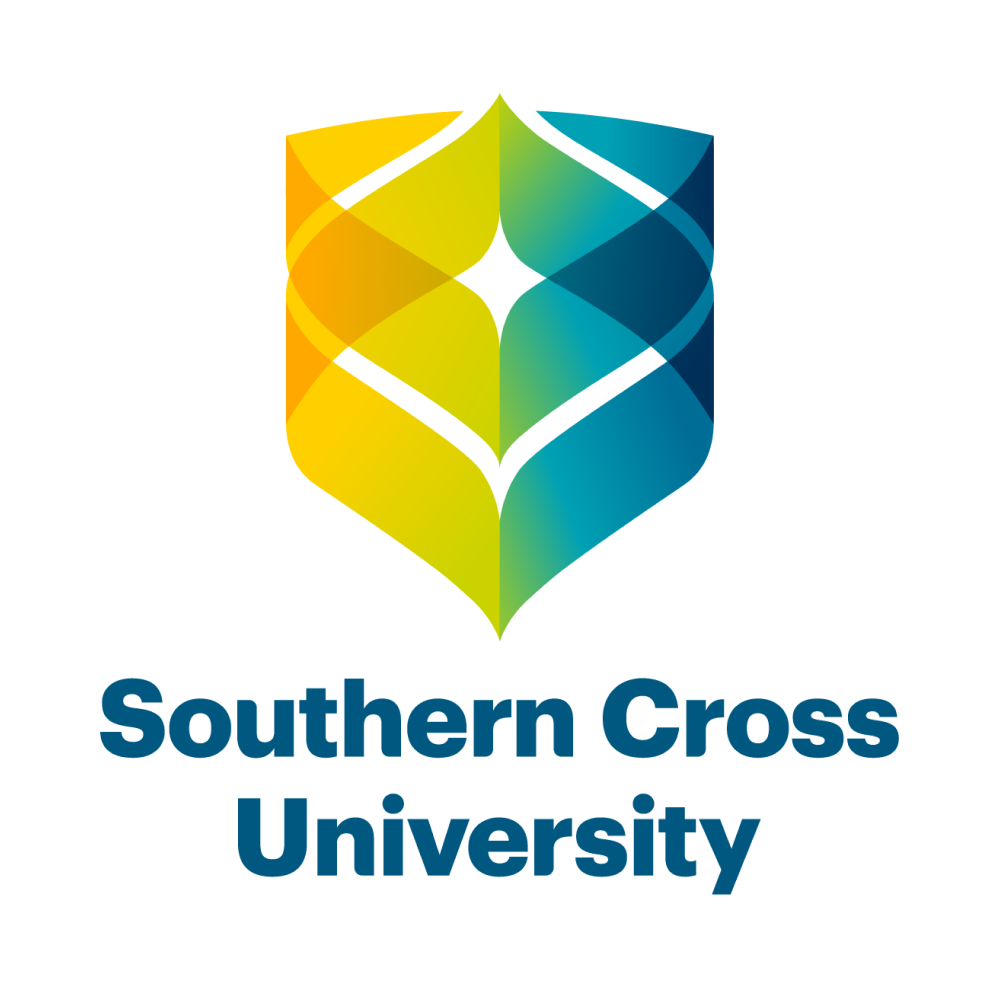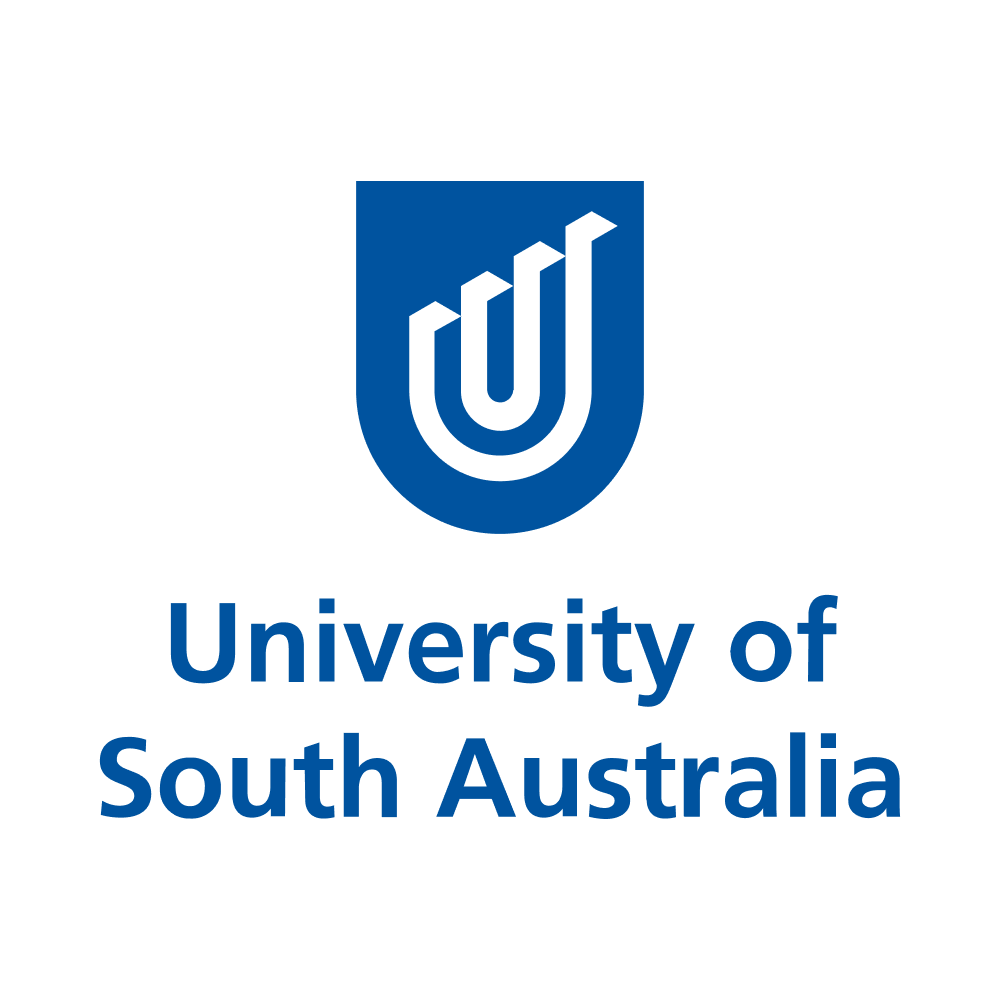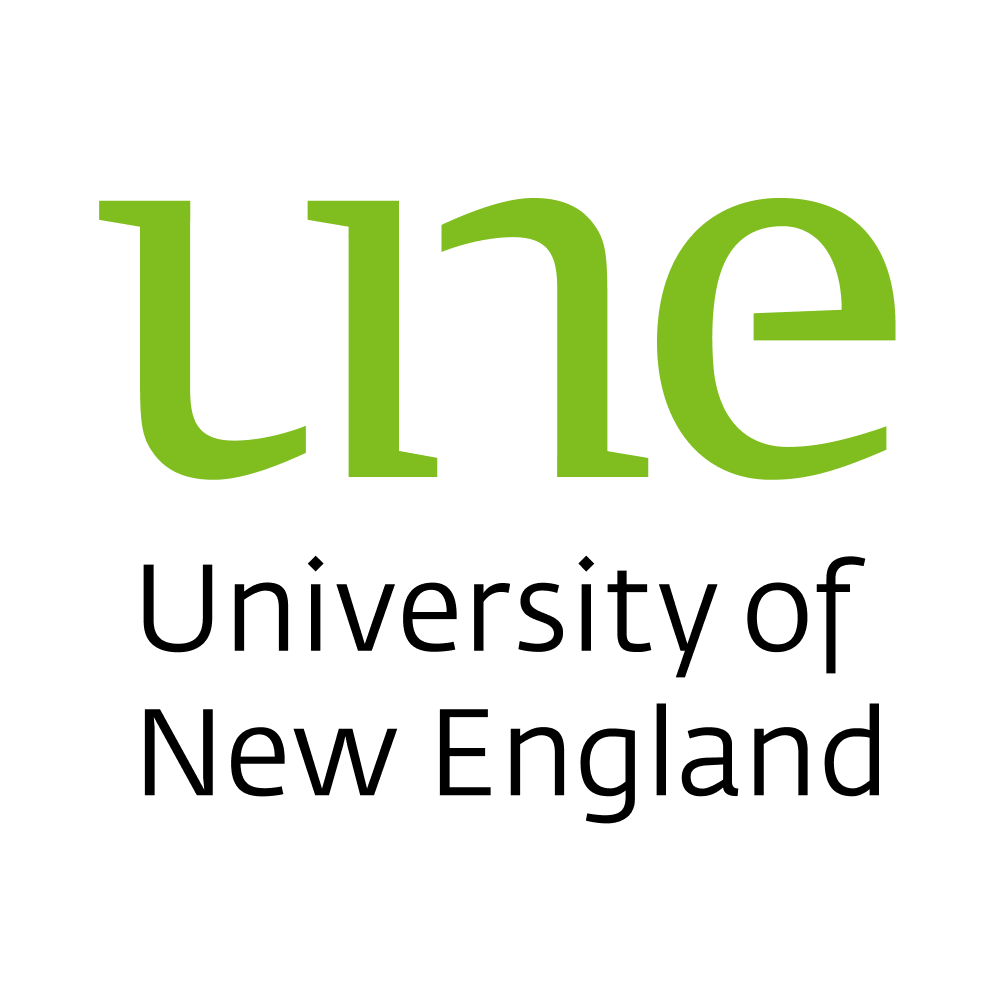
The chief marketing officer (CMO) oversees the broader marketing strategy of a business. It can be a rewarding and exciting career path for marketing professionals with leadership aspirations.
Although marketing experience will always be a factor in discussions about how to become a CMO, executive skills are also essential. Postgraduate qualifications – such as an MBA – can equip marketing professionals with the executive and managerial skills they need.
Is the CMO career path the right one for you? Here, we look at this role and its responsibilities as well as examine how an MBA can help you achieve your career goals. We also talk to a CMO about their professional experience and current role to help you make this transformative career decision.
The CMO career path
Keen on a career as a CMO but trying to figure out how to get there? There are several routes you can take to become a CMO – though all usually involve professional experience and education.
Employers may also expect certain qualifications and experience, so let’s look at a career path you might take:
- Gain a bachelor’s qualification in a discipline such as marketing, communication or business.
- Start your career as a marketing assistant or coordinator.
- Network throughout your career to make and maintain important contacts.
- As you gain experience, study for extra qualifications to upskill and fill any gaps, such as a certificate in marketing, if your undergraduate degree was not in marketing.
- Progress in your career to more senior roles such as marketing manager. Many employers want at least 10 years of experience before considering you for a CMO position.
- Gain a master’s degree such as an MBA. What you learn can be hugely beneficial and shows employers you are committed to your profession.
- Start applying for CMO roles.
Ashton Tuckerman is the CMO at Gathar, an online private chef and catering platform. For her, a love of marketing sparked her interest in pursuing the role. “I didn’t set out to become a CMO but was a born communicator. I knew I wanted to work with words and tell stories.”
At university, Ashton studied journalism and integrated marketing and realised how powerful words could be in influencing others to act.
“Throughout my career, I went from being a specialist to a generalist, then being a generalist to a specialist, and back again. I think that’s the road most marketers will take towards a senior role like a CMO.”
However, the path towards becoming a CMO didn’t happen overnight. “It was about a 10-year journey,” she says. “Every time I entered a new role, I had goals I wanted to achieve. Along the way, I figured out the things I was good at or enjoyed and eventually applied all those skills as a CMO.”
If you’re a professional with relevant marketing experience and want to land a CMO role sooner rather than later, an MBA can equip you with the executive and managerial skills you need to succeed in this role. Becoming a CMO requires management credentials. With an MBA, you’ll be primed to handle the role's responsibilities.
What are the responsibilities of a CMO?
A CMO is an organisation's most senior marketing role and forms part of the C-suite of executives. Beyond traditional marketing skills, you’ll need business skills which include the ability to lead others, think strategically and manage an organisation or department.
As the head of marketing, the CMO is responsible for developing a broader strategy to facilitate business growth. According to Ashton, being a passionate storyteller is vital for this. “I have a great passion for ensuring everything we’re putting out there tells the same story,” she says. “It’s about painting a picture as a consistent brand so our customers know and trust us.”
For a CMO, organisational structure can impact their direct reports and relationships. However, they usually communicate with other marketing professionals and departments. “As a CMO, I work with other departments regularly,” Ashton says. “Business development, sales and customer care teams are all essential parts of marketing, so we collaborate often.”
The specific duties of the role can vary depending on the organisation and position. However, a CMO's responsibilities usually include the following:
- overseeing or establishing strategies to ensure marketing aligns with the organisation’s values and objectives
- applying traditional and new marketing methods to achieve organisational goals
- directing public relations efforts
- overseeing or creating marketing plans that involve other departments
- understanding market position and developing plans to improve it
For Ashton, being the CMO means wearing all the hats in the marketing team. “I like to be across everything,” she says. “My role covers every marketing channel, including organic social brand activity, paid advertising, customer profiling and customer journey mapping.”
Leadership and managerial skills are crucial for succeeding in this role – highlighting how beneficial an MBA can be in pursuing the role of a CMO.
How an MBA equips you with CMO skills
The general business skills that you can develop with an MBA can help you fast-track your CMO career progression and stand out as a candidate. Hence, choosing an MBA that aligns with your professional goals is critical.
If you have career aspirations of becoming a CMO, consider pursuing an MBA course that features marketing units to complement your existing skill set. These units can help you understand significant marketing functions in organisations and apply marketing contexts to business problems. You can also explore the tools and techniques used to create marketing plans and campaigns.
MBA programs with core or elective units related to marketing expose you to a wide range of important industry-relevant topics. For example, Southern Cross University's MBA offers the Digital Marketing unit, which focuses on the role of marketing in the digital environment. Some topics covered in this unit include core digital marketing tools and channels, creating and managing digital content as well as data and analytics.
The MBA (Marketing) course from the University of South Australia features the Strategic Marketing unit. In this unit, you will be equipped with the skills to lead marketing functions within an organisation or even your own business. The unit covers methods and processes for market research, consumer behaviour and understanding products.
Another example is the University of New England's online MBA (International) program which offers the Marketing Management unit. As a student, you will learn how to design, manage and balance products, prices, places and promotions. You will also gain an understanding of how to better meet consumers' needs than your competitors and develop effective customer-focused marketing strategies.
Besides strengthening your marketing expertise, you can also hone your leadership skills with this postgraduate degree, allowing you to lead marketing teams and departments effectively in a senior managerial role.
Choosing a mode of delivery that suits your schedule is just as important as the course content of your MBA. For many working professionals, online study is the most accessible and flexible option.


In this course, you'll gain a broad understanding of contemporary management operations, as well as learning how to solve complex issues and manage the challenges of technology and finance and other critical business factors.
Your professional expertise will be honed by completing practical assessment activities in leadership, problem-solving and communication skills. In addition to core units, the course builds substantial expertise in an area through the completion of an industry research project.
The industry research project is ideal for developing extensive knowledge of an issue related to your current workplace or to a career you wish to pursue. A specialisation in Business Analytics and Artificial Intelligence complements the core units.


Courses in the International Master of Business Administration (Marketing) are designed in consultation with industry professionals, so you’ll learn through real-life case studies and develop the knowledge and expertise you need to address today’s global business challenges.
You’ll gain real-world insights, through UniSA’s global business focus, executive knowledge and networks. Graduate with the knowledge, skills and experience to succeed in your future career — no matter where in the world you choose to work.


The Master of Business Administration (International) at UNE is designed for postgraduate students from within or outside the business discipline who wish to specialise in international trade and global business.
The course will extend your experience and empower you to develop the advanced skills and knowledge you need to confidently lead organisations in a complex, globalised economy. By completing the MBA (International), you will add to your existing expertise in areas such as decision making, ethics, and management, allowing you to become a more effective leader in any global setting.
Fast-track your career as a CMO
You should now have some clear ideas on how to become a CMO. As we’ve seen, an MBA is a powerful way to strengthen your marketing experience and ensure you stand out. Many institutions in Australia offer high-quality MBA programs and postgraduate marketing courses that can help you advance your marketing career. Take the first step to a rewarding professional journey by enrolling in a postgraduate business degree.



















